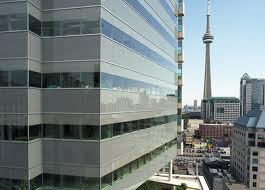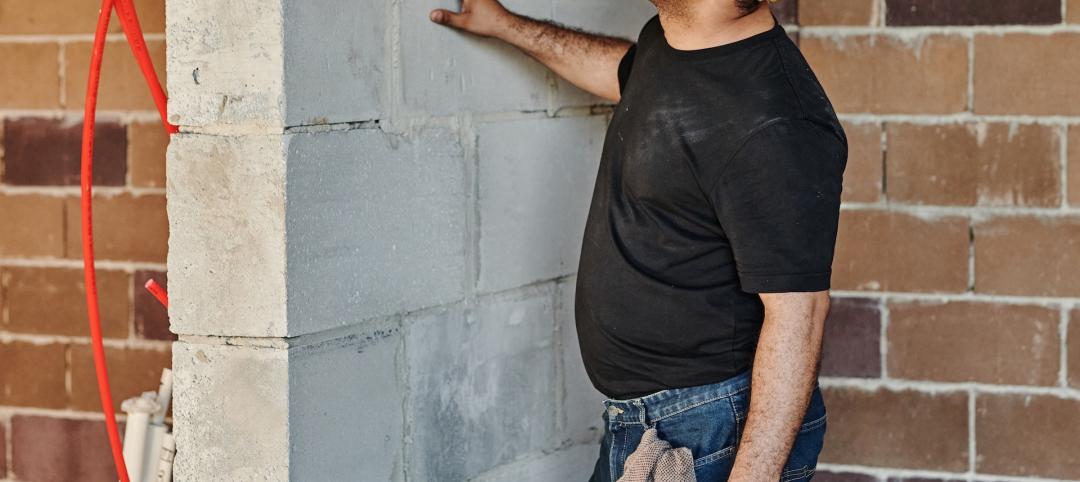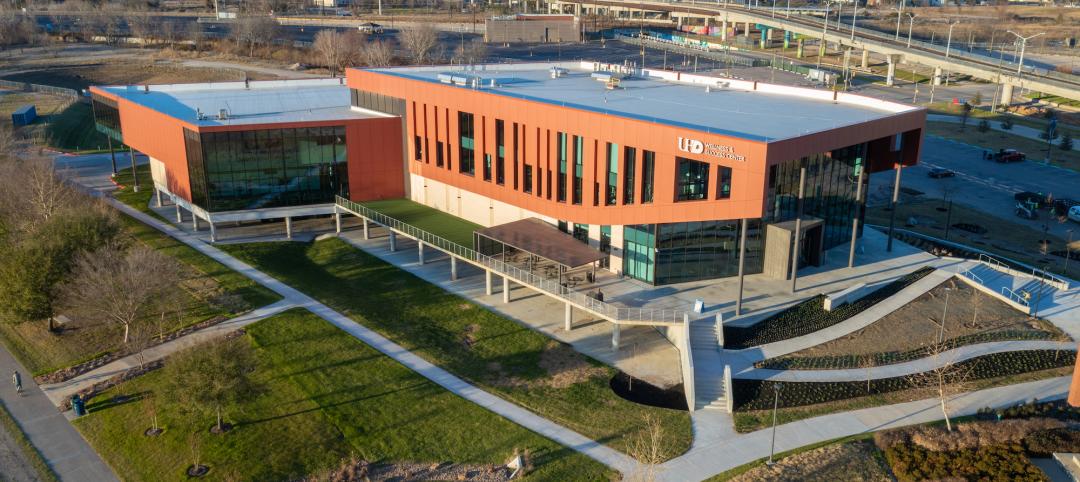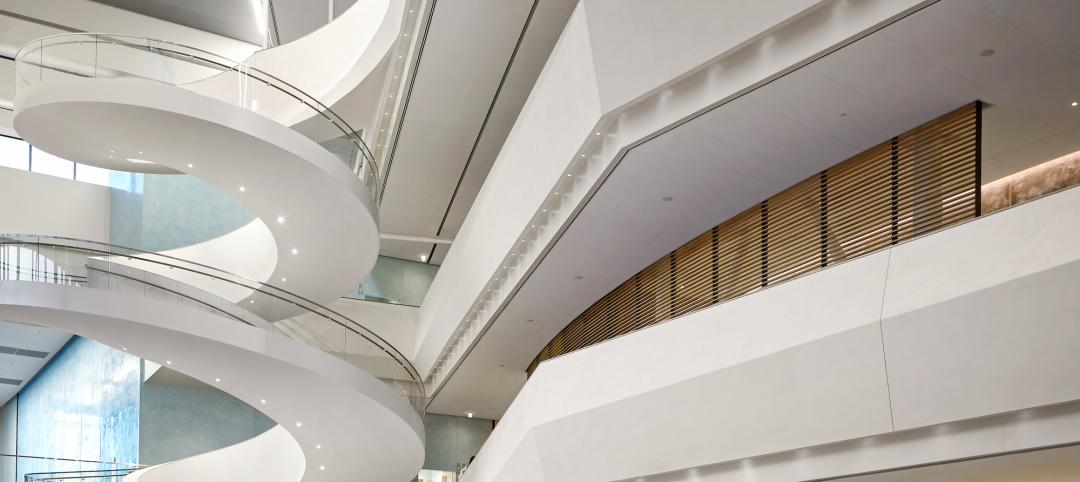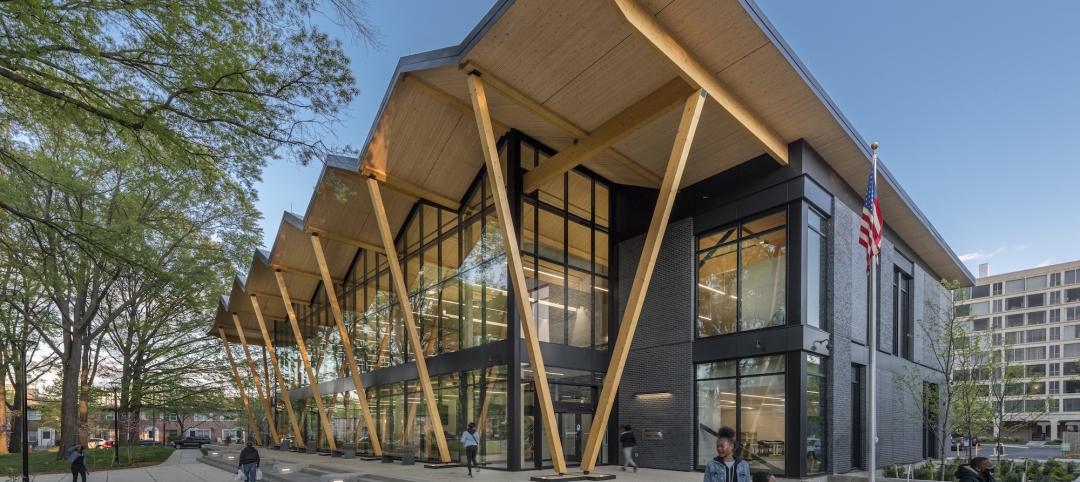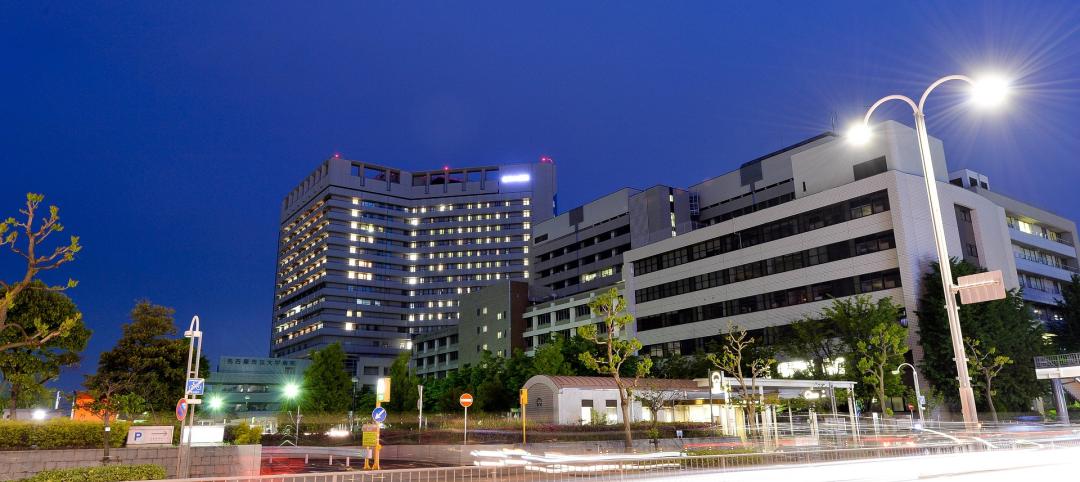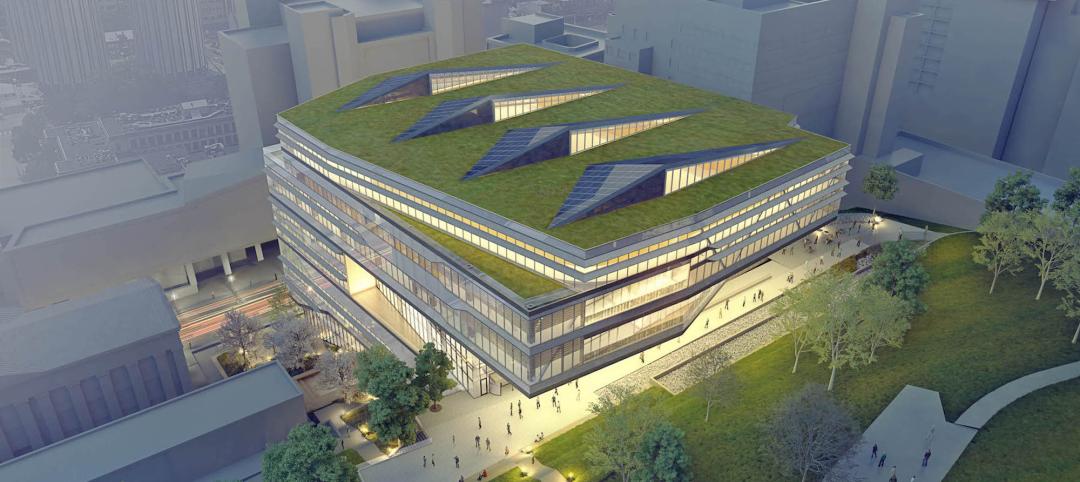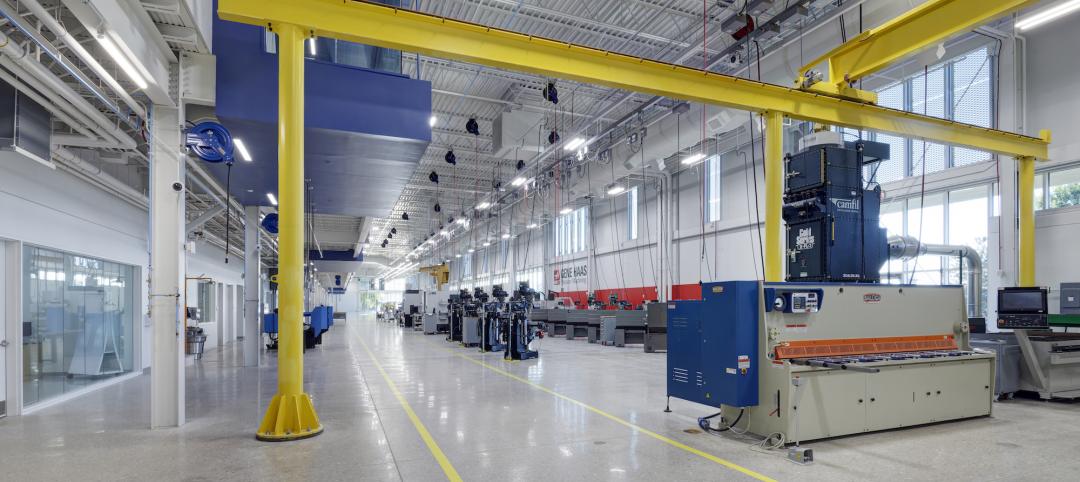Each year in the U.S., more than $35 billion in direct property loss is caused by natural disasters. Yet, while states and municipalities are seeking to adopt ordinances that require “green” or “sustainable” construction, they are overlooking disaster-resistance construction.
There is now a call for making enhanced resilience of a building’s structure to natural and man-made disasters the first consideration of a green building. Increased longevity and durability, combined with improved disaster resistance, results in the need for less energy and resources.
This is not only the case for repair, removal, disposal, and replacement of building materials and contents due to disasters, but for routine maintenance and operations as well.
“Integration of durability and functional resilience into sustainability codes, standards, and programs is long overdue,” David Shepherd, director of sustainability for the Portland Cement Association (PCA) said. “Some say the most sustainable structure is the one that isn’t built. We believe the most sustainable building is the one still standing.”
Functionally resilient buildings place less demand on resources and allow communities to provide vital services, even after a natural disaster. For example, resilient construction allows businesses to continue operations, providing municipalities with a consistent tax base. Further community economic, societal, and environmental benefits occur when cities are not required to reallocated resources for emergency recovery.
A resilient building is not limited to one that is operational after a natural disaster but also one that can withstand the hardship of the passing years. The Brookings Institution projects that by 2030, the U.S. will have demolished and replaced 82 billion sf of its current building stock, or nearly one-third of existing buildings, largely because the vast majority of them weren't designed and built to last any longer. Robust, functionally resilient buildings are frequently reused and even repurposed when downtowns are renovated.
To allow local governments to adopt green building codes that address high performance as well as conventional sustainable features, the PCA and the Institute for Business and Home Safety (IBHS) have developed High Performance Building Requirements for Sustainability 2.0. The criteria are written in mandatory language that amends and appends the International Code Council International Building Code. The provisions are generic and do not specify one specific material over another.
PCA and IBHS have aligned the provisions with the concepts of both the Whole Building Design Guide and High Performance Building Council. Enacting and enforcing these provisions provides the basis for designers and owners to obtain certification as a US Green Building Council Leadership in Energy and Environmental Design for New Construction. BD+C
Related Stories
Codes and Standards | Feb 1, 2023
New Jersey to allow private firms to conduct construction inspections
New Jersey recently passed a law that will allow towns to supplement construction code enforcement with help from the private sector. The legislation, which received bipartisan support, also allows municipalities to enter into shared service agreements with neighboring towns for construction inspections.
Sports and Recreational Facilities | Feb 1, 2023
University of Houston opens 'game changer' wellness center at downtown campus
The University of Houston-Downtown (UHD) recently opened its new Wellness & Success Center (WSC). The $39 million, 75,000 sf facility greatly improves the quality of the school’s exercise programs and areas dedicated to them. It also establishes a dynamic core and recognizable landmark for fostering and nurturing an on-campus community, according to a news release from SmithGroup, which designed the building along with HarrisonKornberg Architects.
Giants 400 | Feb 1, 2023
2022 Cultural Facilities Giants: Top architecture, engineering, and construction firms in the U.S. cultural facilities sector
Populous, DLR Group, KPFF, Arup, and Turner Construction head BD+C's rankings of the nation's largest cultural facilities sector architecture, engineering, and construction firms, as reported in the 2022 Giants 400 Report. Building types include museums, public libraries, performing arts centers, and concert venues.
Giants 400 | Jan 31, 2023
2022 Retail Giants: Top architecture, engineering, and construction firms in the U.S. retail building sector
Gensler, CallisonRTKL, Kimley-Horn, Henderson Engineers, Whiting-Turner Contracting, and Turner Construction top BD+C's rankings of the nation's largest retail sector architecture, engineering, and construction firms, as reported in the 2022 Giants 400 Report.
Giants 400 | Jan 31, 2023
2022 Government Sector Giants: Top architecture, engineering, and construction firms in the U.S. government buildings sector
Gensler, Jacobs, Hensel Phelps, and Page top BD+C's rankings of the nation's largest government sector architecture, engineering, and construction firms, as reported in the 2022 Giants 400 Report.
Healthcare Facilities | Jan 31, 2023
How to solve humidity issues in hospitals and healthcare facilities
Humidity control is one of the top mechanical issues healthcare clients face. SSR's Lee Nordholm, PE, LEED AP, offers tips for handling humidity issues in hospitals and healthcare facilities.
University Buildings | Jan 30, 2023
How wellness is reshaping college recreation centers
Moody Nolan, a specialist in the design of college recreation centers, has participated in the evolution toward wellness on college campuses.
Mass Timber | Jan 30, 2023
Net-positive, mass timber building will promote research on planetary well-being in Barcelona
ZGF Architects, along with Barcelona-based firms MIRAG and Double Twist, have designed a net-positive, mass timber center for research on planetary well-being. Located in Barcelona, the Mercat del Peix Research Center will bring together global experts in the experimental sciences, social sciences, and humanities to address challenges related to the future of the planet.
AEC Tech | Jan 27, 2023
Epic Games' latest foray into the AEC market and real estate industry
From architecture to real estate, the realm of computer-aided design hits new heights as more and more firms utilize the power of Epic Games’ Twinmotion and Unreal Engine.
University Buildings | Jan 27, 2023
Ozarks Technical Community College's advanced manufacturing center is first-of-a-kind in region
The new Robert W. Plaster Center for Advanced Manufacturing at Ozarks Technical Community College in Springfield, Mo., is a first-of-a-kind educational asset in the region. The 125,000-sf facility will educate and train a new generation in high tech, clean manufacturing and fabrication.


